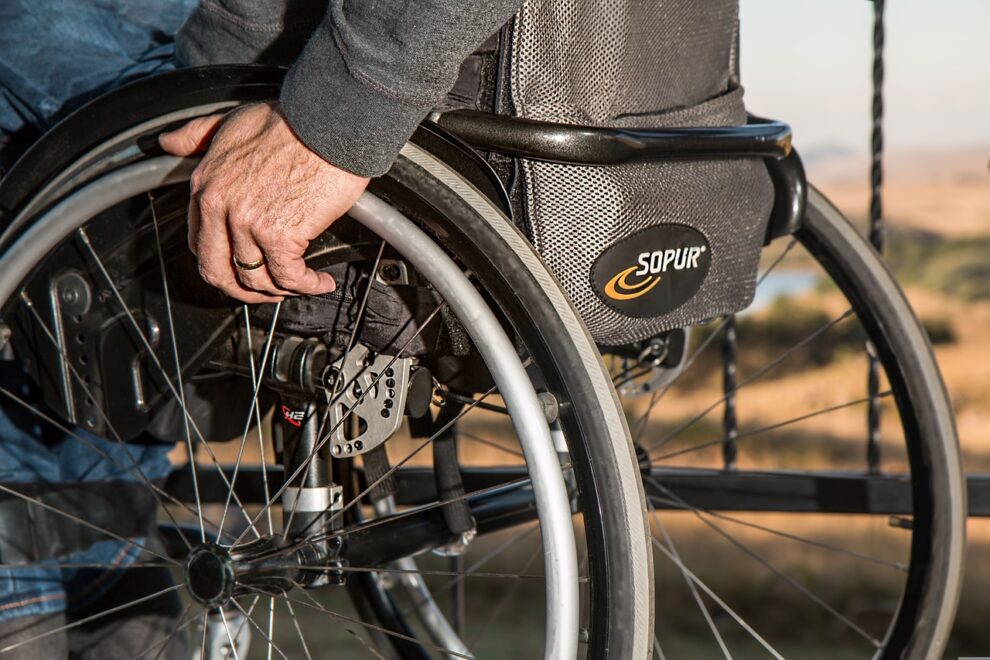When you apply for Social Security Disability (SSD) benefits, getting denied can feel frustrating and discouraging. But it is not always the end of the road after a denial. You may have a chance for an appeal.
In fact, the success rate for SSD appeals increases dramatically at the level of administrative law judge hearings, where approval rates can range from 45% to 55% depending on various factors. To have a successful appeal, you must first show strong evidence to support your case. With clearer proof, you will have a better chance of having the decision reversed.
SSD appeals attorney David Gantt also says that an experienced lawyer can help you correct any mistakes you may have made and ensure you include the correct documents.
Let’s look at what kinds of evidence can make your SSD appeal stronger and help you move forward.
Medical Records and Documentation
When preparing for an SSD appeal, your medical records and documentation form the very heart of the case, really objective evidence proving the existence of your condition. Regardless of what the most approved disability claims are in your state, one important piece of evidence you need is medical documents that support your claim.
Ensure that all pertinent documents are collected, such as records from consultations, test results, treatment histories, and other important documents. All these should disclose your diagnoses and how these affect your day-to-day activities. Then follow these documentation procedures to the dot, for any gaps in documentation may weaken your appeal. Ensure that these records are recent, reflecting the most recent medical evaluations.
If possible, ask your medical provider to prepare a brief highlighting your limitations. The detailed procedure will definitely contribute to strengthening your case and draw good friends along the road for others handling similar struggles.
Personal Testimonies and Statements
Medical records mainly provide evidentiary material, while personal responses and testimonies add an emotional effect to the SSD appeal. Sharing your story with the reviewer provides some human contact between you. Some empathy will be created for your pain and suffering.
When you narrate how your daily life changes due to the illness itself, you are not only ferrying over facts but also appealing to the listener’s conscience. You may also want to ask family and friends to relate what they observe.
Their observations may shed light on how your disability affects your relationships and activities. Together, these narratives compose a bigger picture of who you are and what you face.
The support of these voices endorses your appeal and builds a community around your shared experience.
Work History and Employment Records
Your work history and employment records are essential to your SSD appeal since they provide tangible proof of how your disability has affected your ability to secure income. Case decision-makers will consider your job history, including positions held, responsibilities, and length of time in each job.
This information is provided to show how the condition affected your working ability and incapacity to remain steadily employed. Include any employment gaps resulting from your disability. These can serve as proof of the difficulties you have faced. Gather paystubs, tax returns, and letters from former employers to bolster your case.
These documents not only support your claims but also show your need for help and community.
Expert Opinions and Evaluations
Expert opinions and evaluations can greatly assist you in supporting the disability claim or appeal, in addition to your work history. Whenever you obtain an assessment from a medical professional, psychologist, or vocation expert, you are providing credible support to your claim.
The experts testify as to how the condition interferes with day-to-day functioning and the ability to earn a livelihood. These opinions demonstrate the seriousness of the disability and thus shall improve the chances of a claimant.
It is vital to select only those professionals familiar with SSD criteria so that their opinions adequately reflect the limitations you face. Such an opinion validates the claimant’s experience and shows the Social Security Administration that the claimant is treating the appeal with greater importance.
These opinions will serve as a bridge, thereby increasing the chances that you will relate meaningfully with the personnel who will eventually render a decision.
Additional Supporting Evidence and Resources
Aside from the supporting evidence and resources for preparing your SSD appeal, you can also add some personal statements from friends or family members to corroborate how your condition affected your daily life.
Medical records are critical so that your diagnosis and treatment history do not leave gaps open for interpretation. Don’t forget to add notes and progress reports from therapy, which can highlight your ongoing pain.
Consider any engagement in support groups or even community resources, for which documentation can be of value in substantiating your claim. Advocacy groups might prove beneficial as well, so consider calling upon them for support, resources, and guidance when you consider the case at hand.
Gathering evidence to aid your appeal will reinforce your side of the argument-all while building a stirring testimony about your trials.

Add Comment